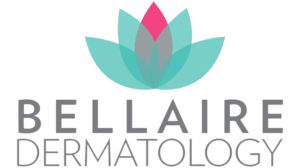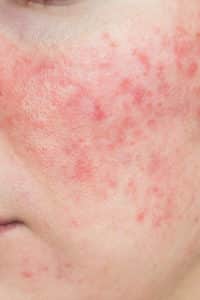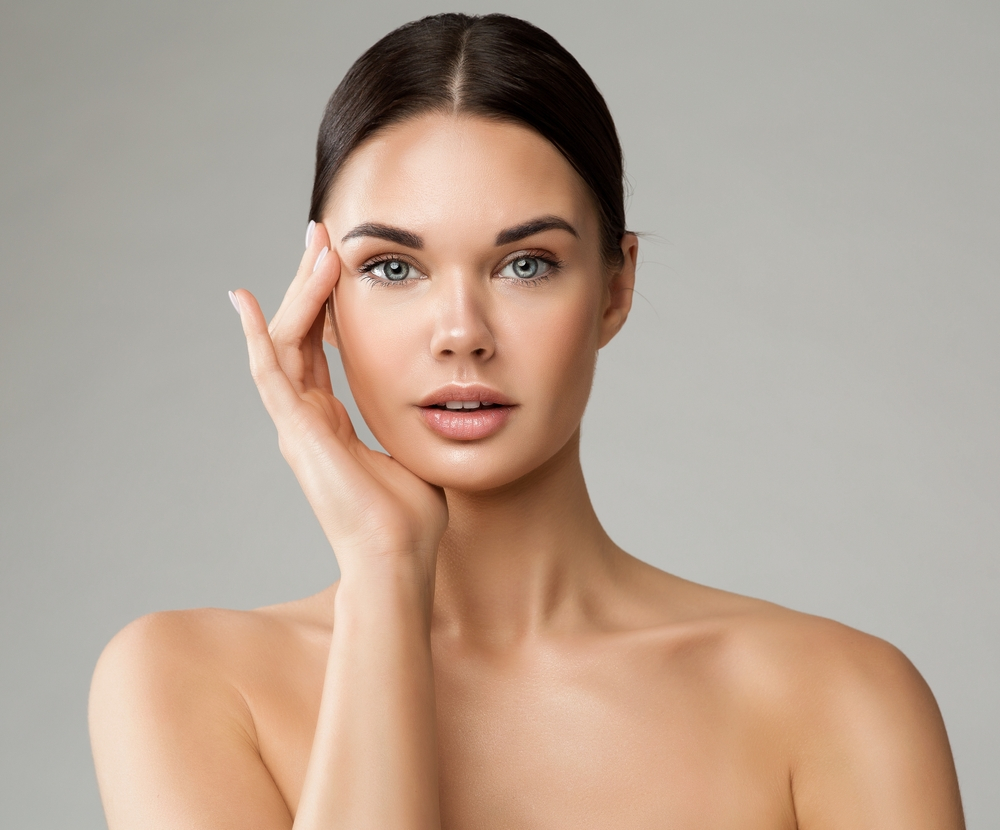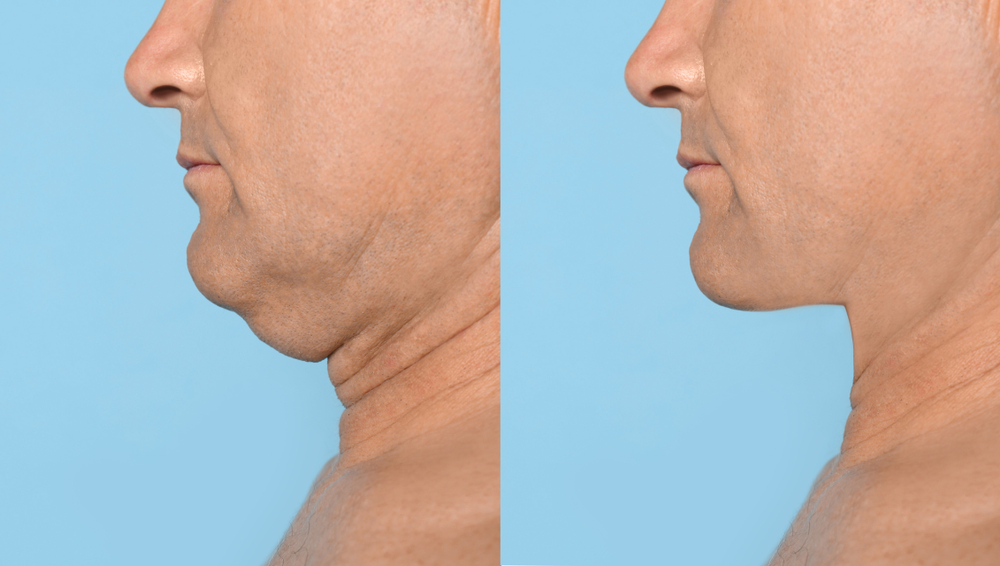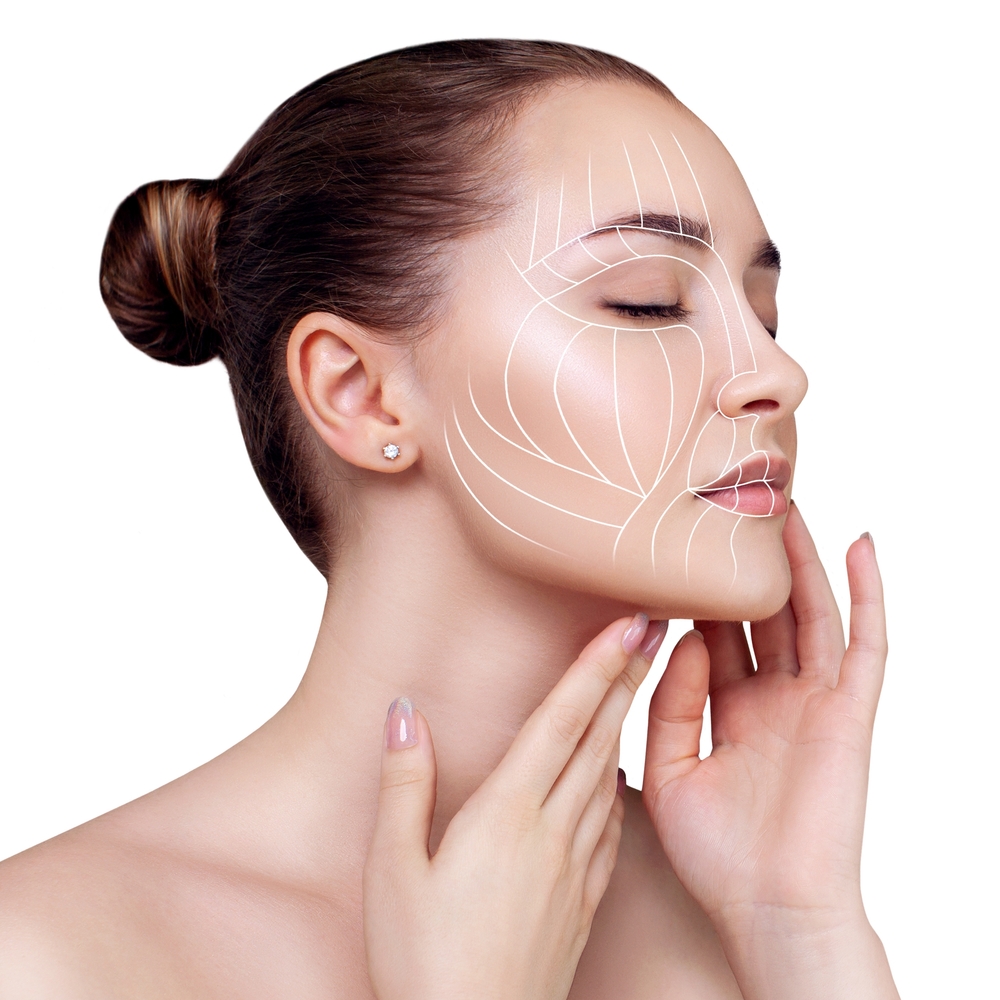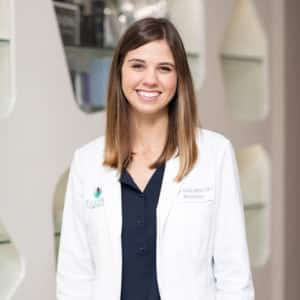
There is nothing worse than waking up in the morning with a big pimple! Whether it’s 5th grade picture day, high school graduation or your wedding day, it seems that zits always happen to appear at the most inconvenient time.
Acne is most common during adolescence, however is can affect people of all ages- even extending into adulthood. Acne can be painful and embarrassing- affecting our confidence and social lives. Worst of all, severe acne can leave permanent scars in the skin. Acne is caused by a variety of mechanisms including skin cell turnover, hormones, bacteria on the skin and our immune system. By focusing on what type of acne you have, we can better tailor your treatment plan to obtain fast, long-lasting results!
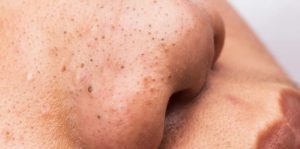
Comedones consist of blackheads and whiteheads. Our skin is constantly turning over and filling up our pores. When the pore is open to air, it becomes oxidized and appears as a black speckle on the skin. When the pore is closed, it appears as a flat or slightly raised “whitehead”. Topical cleansers such as salicylic acid and benzoyl peroxide can be a great start to help clear out comedones. Salicylic acid can decrease oil on the skin and benzoyl peroxide can control unwanted bacteria. I personally prefer using these medications as cleansers over “leave on” topicals because they sometimes can be a little irritating.
Retinoids are the best option for treating comedonal acne because they focus on clearing out the pore and suppressing oil production. It is important to perform a ‘gradual onset’ when you start out a retinoid, because they can also be irritating to the skin. I prefer for patients to start off using the medication a few days a week, with the goal of increasing use to 5-7 nights a week with time. Applying a moisturizer over the medication can also decrease irritation. Sometimes, acne extractions can be necessary to clear out stubborn comedones. I encourage patients to see an experienced practitioner or aesthetician, because poor technique can lead to scarring as well.
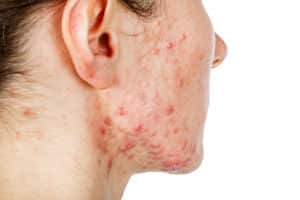
Inflammatory acne consists of pustules, papules and nodules. It is important to treat inflammatory acne aggressively so that it does not leave permanent textural scars in the skin. We can treat inflammatory acne in a variety of ways. We sometimes use oral antibiotics to temporarily calm down the inflammatory response In the skin, and give time for topical medications to start working. Adult women can have a unique form of acne heavily influenced by hormones, which we can screen and treat for as well.
Isotretinion is a medication that shrinks sebaceous glands and has higher chances of reducing long term nodular-cystic acne. Up until recently, this was our most efficacious option for treating severe acne. Aviclear is a laser that has just been approved for moderate to severe acne. Similar to isotretinoin, Aviclear targets the sebaceous gland and has been shown to reduce inflammatory lesions by 50% after 3 treatments, with continual progressive improvement into 2 years. The treatment is fast, has no downtime and has minimal side effects.
A form of rosacea called popular-pustular rosacea can look very similar to acne. People with rosacea tend to have red undertones and flare from various triggers such as alcohol, spicy food and sunlight. We treat this very similarly to acne, but also use a different arsenal of medications including sulfur sulfacetamide washes, low dose antibiotics, azaleic acid and even topical ivermectin.
Various medications, stress and underlying health conditions can cause acne as well. It’s important to see an experienced healthcare provider to make sure that we are correctly targeting the source of your acne.
Some of my favorite acne tips and tricks
- Wash your face twice daily- once in the morning and once before bed.
- Make sure all makeup is removed. Double cleanse before going to bed. I love micellar water because it is very gentle and can effectively remove waterproof makeup. Then use another gentle cleanser to wash the face.
- Over-exfoliating can make your skin irritated and cause your acne to worsen. Wash your face with a gentle cleanser and clean hands. Medications will do the work for you!
- Change your pillowcase often!
- Use salicylic acid and benzoyl peroxide as cleansers (not leave on topicals) to reduce irritation.
- Acne IPLs (intense pulse light treatments), salicylic acid peels and glycolic peel pads are great adjunct treatments for acne
- I like using “mighty patches” or hydrocolloid patches for stubborn pimples. They can bring exudate to the surface and keep people from picking/touching their pimples
- Wear oil free makeup.
- Wear SPF 30+ on a daily basis! This is very important to prevent prolonged discoloration after a pimple
- DO NOT PICK (entertain your hands with fidget spinners and poppers if needed)
- Book an appointment for a steroid injection if you have a stubborn nodule!
If you are struggling with acne, you are not alone! Contact our team today to book an appointment with one of our amazing skincare experts online or call (713) 661-4383.
